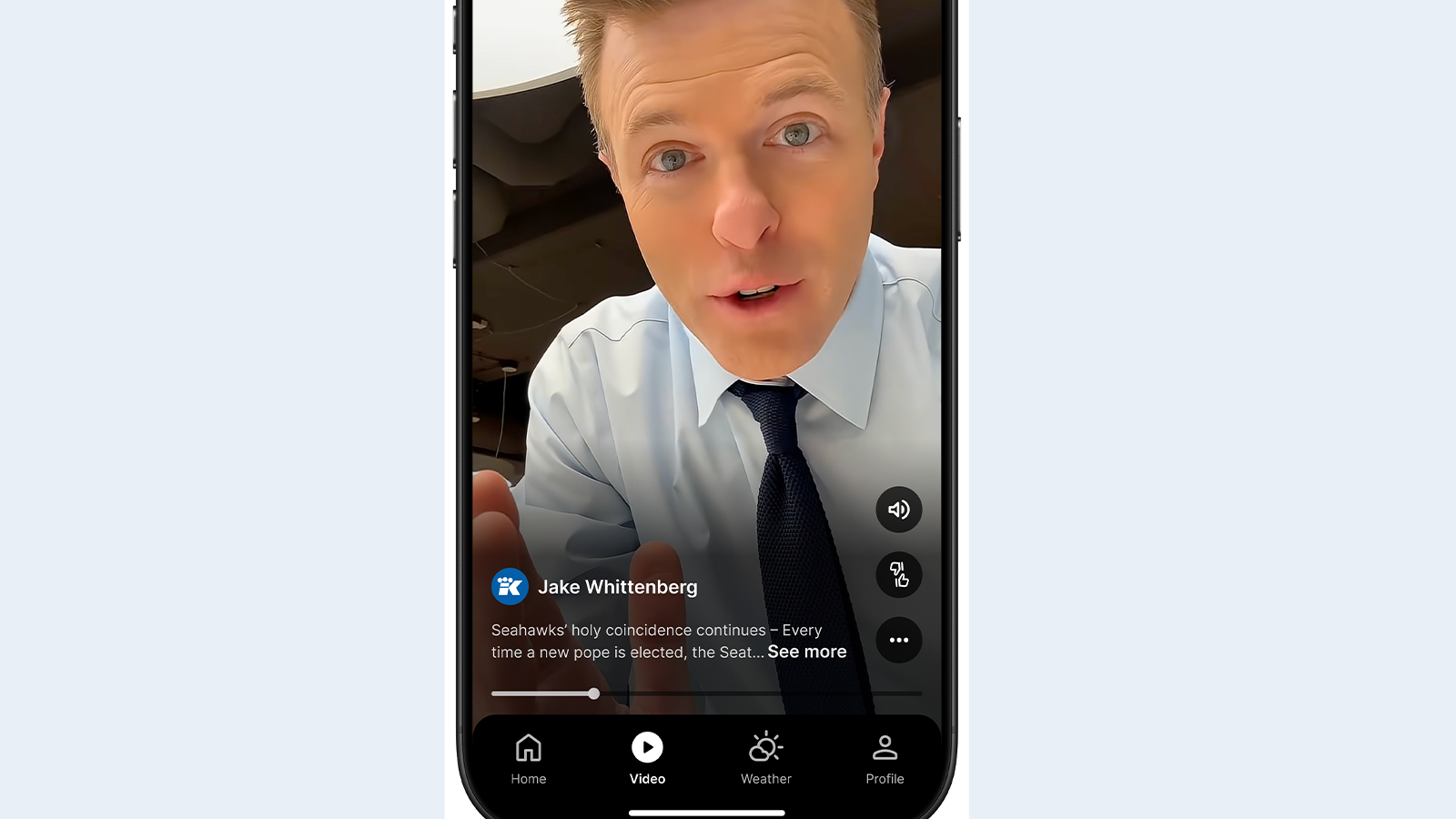Wireless groups urge Congress to preserve spectrum for "Super Wi-Fi"
A group of technology companies, consumer groups, businesses, think tanks, rural broadband providers, civil rights groups and educators have asked Congress to preserve unlicensed "white spaces" spectrum in the existing television bands for new types of wireless products and services.
In a letter to the Joint Congressional Committee on Deficit Reduction, a total of 92 organizations cited the value of unlicensed TV white spaces for the next generation of unlicensed wireless broadband technologies known as "Super Wi-Fi."
TV band spectrum enables signals to travel longer distances, penetrating trees and walls more effectively than other spectrum, the group said. "Clearing spectrum for auction and moving broadcasters to the lower portion of the TV band will reduce the available TV white spaces," they warned.
As that happens, the group urged, it will be important that any incentive auction spectrum provisions adopted by the Super Committee not adversely impact the FCC's authority to ensure there is sufficient spectrum for unlicensed broadband use.
The Super Committee said it is pursuing deficit reduction as good fiscal policy and to spur economic growth. Eliminating unlicensed spectrum in the TV band will undermine each of these objectives. The success of today's unlicensed Wi-Fi technologies — which currently use less desirable spectrum at 2.4GHz and above — demonstrates how providing spectrum for Super Wi-Fi in the broadcast bands will enable the next generation of technological advances.
Unlicensed spectrum has been, and continues to be, a powerful catalyst for innovation and job creation, the groups said. A diverse set of devices and applications use unlicensed spectrum, including wireless routers, Bluetooth devices, baby monitors, garage door openers, remote controls, cordless telephones, Wi-Fi hotspots and security alarms.
Even the most conservative estimates place the value added to the economy by only three of the uses of unlicensed spectrum alone — home Wi-Fi, hospital Wi-Fi and clothing RFID tags — at $16 billion to $37 billion per year. Unlicensed use is similarly valuable as a powerful complement to licensed use.
The professional video industry's #1 source for news, trends and product and tech information. Sign up below.
The industry, the group said, is moving to deliver new Super Wi-Fi offerings in the TV band. The IEEE has announced a designated standard for Super Wi-Fi, and the FCC has begun testing databases that will enable Super Wi-Fi devices to operate.
For example, in Canda, cable provider Shaw Communications is working with Cisco to create a Super Wi-Fi network that will blanket public areas in Western Canada's major cities, providing Shaw customers with Internet access for their mobile devices everywhere from Stanley Park to the Calgary Stampede. Work on the network, which will focus first on Calgary, Edmonton and Vancouver, has already started, but it will be next April or May before it's ready for customers to use.
